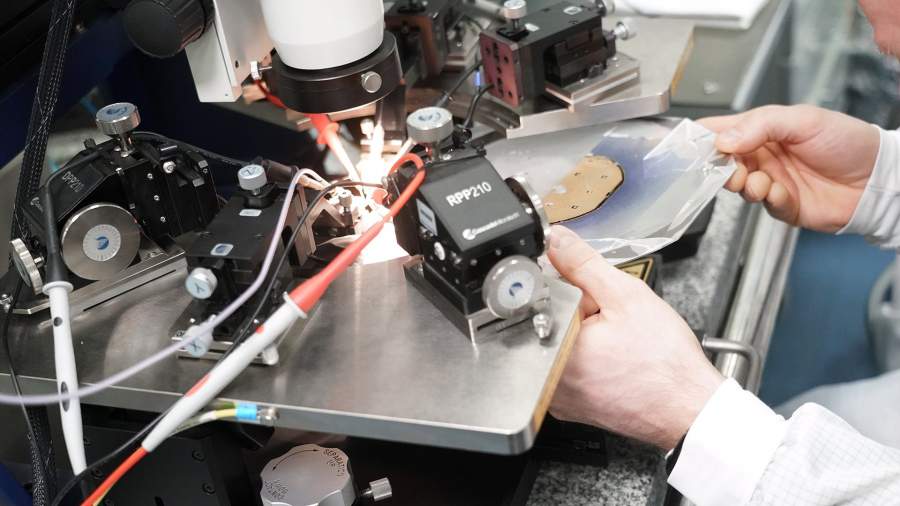
US attempts to curb China will destroy the EU
By Timur Fomenko
For years, the US has been pressuring the Netherlands to comply with technology restrictions on the export of advanced lithography machines to China. These machines, produced by the Dutch firm ASML, use lasers to create circuits for microchips.
Although ASML is a world-leading company, its foundational patents are derived from the US, which allows Washington to enforce unilateral export controls as it sees fit.
American export controls have been implemented in multiple stages, with the latest update taking effect on January 1, 2024. This update specifically targeted a type of lithography machine. ASML had attempted to sell several of these machines to China before the deadline, but reportedly cancelled the sale due to pressure from the US.
This news caused ASML's US shares to drop. The primary objective of US foreign policy is to undermine China's semiconductor industry and limit its high-tech aspirations. This is a crucial strategy to curtail China's overall military and economic growth.
To achieve this, the US has imposed sanctions on Chinese technology companies and has been attempting to restrict the export of semiconductor equipment to China. This approach has been described as a 'small yard, high fence' policy. Despite this, there is overwhelming evidence that these sanctions are not effective. China is making a coordinated effort to advance its semiconductor technology, which has led to Huawei, the original target of US sanctions, creating its own semiconductor supply chain.
While pursuing this goal, China has also found innovative ways to circumvent restrictions, exploit loopholes for US equipment, and make progress on new chip nodes while also improving the efficiency of older designs. The US's coercive campaign is pushing China towards self-sufficiency, which ironically will hurt US companies and exports the most. How can the US feasibly maintain strict export controls over the world's second-largest economy and largest trading nation?
Instead, in the long term, this approach will effectively cut off Western firms from the critical and lucrative Chinese market. The US aims to create a new global supply chain in technology, which it dominates, and therefore make the EU dependent upon it. This statement highlights that the EU is negatively impacted by America's trade war with China. The EU not only loses a profitable trading relationship but also faces a threat to its competitiveness. The US has already deprived the EU of Russian energy due to the conflict in Ukraine, which has allowed the US to take over the market space. Compliance with American demands regarding China would mean sacrificing sovereignty, geopolitical autonomy, and prosperity to serve the interests of the United States. This situation is disadvantageous for all parties involved. What would happen to ASML if China becomes capable of producing its own high-end chips and lithography equipment, no longer requiring ASML for its domestic market and offering the same solutions to other countries? To compete in the game, one must be present in China. Refusing to participate when the other side is still active will not lead to victory.
This article originally appeared at rt.com
